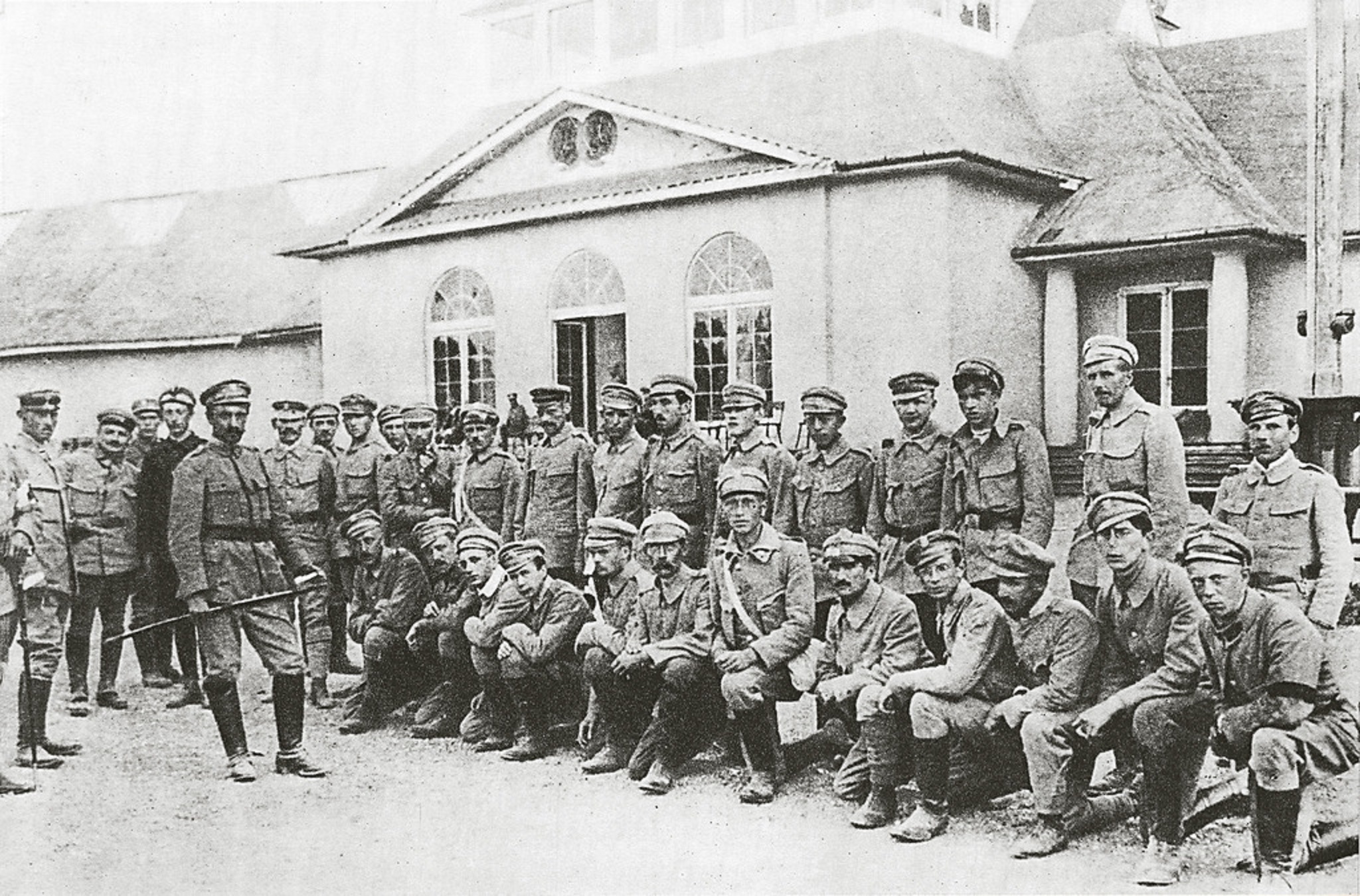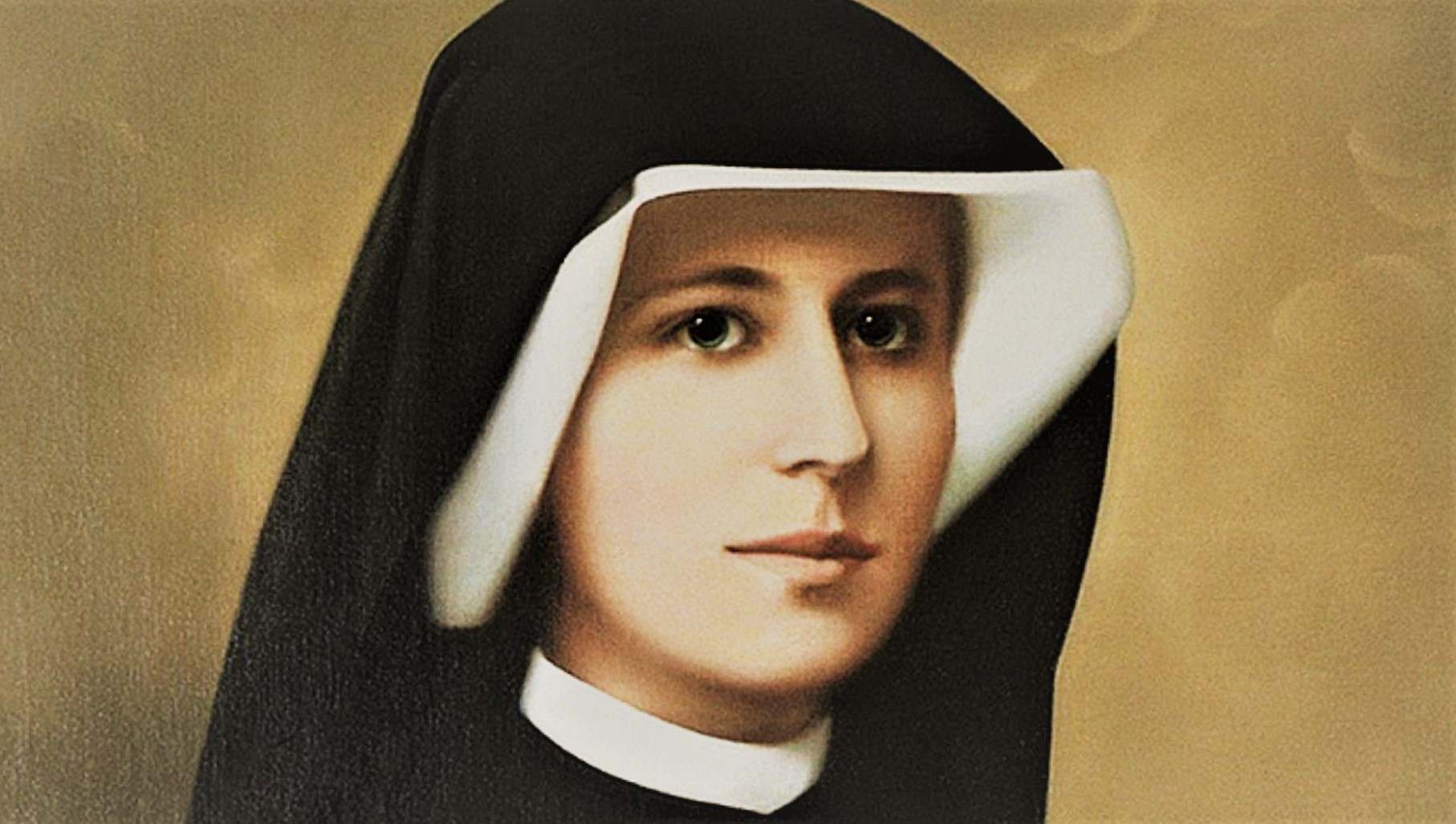The Republic of Poland lost its independence in the 18th century as a result of 3 partitions of its territory conducted by its neighbors — Russia, Prussia, and Austria — in 1772, 1792 (only Russia and Prussia), and 1795. The 3rd partition whiped Poland off the map. Throughout the 19th century Poles made numerous attempts to reinstate their homeland’s independence, fighting for it on Napoleon’s side, staging uprisings, and conducting diplomatic campaigns. None of those actions suceeded, however, as the three enemy empires solidarily combated the Polish pro-independence efforts. The situation did not change until the turn of the 19th and 20th centuries, when 2 beligerent military blocs formed in Europe: the Triple Alliance (Italy, Austria-Hungary, and Germany) and the Triple Entente (Great Britain, France, and Russia). As Poland’s opressors found themselves on opposite sides, it is no wonder that they began seeking Poland’s support in the upcoming war. Poles enjoyed the most freedom in Galicia, Austria. In that region, which had been autonomous since the 1860s, Poles developed their culture and science and also held the highest political positions. Permitted to establish paramilitary organizations to conduct military training, Galician Poles eagerly used that opportunity, with the Rifleman and the Riflemen’s Associations active in that sphere. Other organizations of that kind included Bartosz Squads (Drużyny Bartoszowe) and the Polish Rifle Squads (Polskie Drużyny Strzeleckie). As those formations could not, however, openly promote Polish independence, the pro-independence structures were formed in the underground, with the most important of them being the Union of Armed Combat (Związek Walki Czynnej) controlled by Józef Piłsudski.
When the war broke out Piłsudski ordered mobilization of the Rifleman, the Riflemen’s Associations, and the Polish Rifle Squads. He called that new joint organization the First Cadre Company (Pierwsza Kompania Kadrowa), assuming that it would become the cadre of the future Polish Army. Piłsudski became the commander of that 144-man-strong detachment. On 6 August 1914 the First Cadre Company crossed the Austrian-Russian border and entered the Polish territories appropriated by Russia in the 18th century. Piłsudski intended to spark off a general anti-Russian uprising. His plan failed though as the uprising did not break out and the Company was liquidated. In autumn Józef Piłsudski became the commander of Brigade I of the Polish Legions — another military formation organised within the Austro-Hungarian Army. The Legions fought against Russia until 1917, when they were reorganized. Piłsudski was imprisoned by the Germans. Released in November 1918, he became the Chief of State in reborn Poland.





